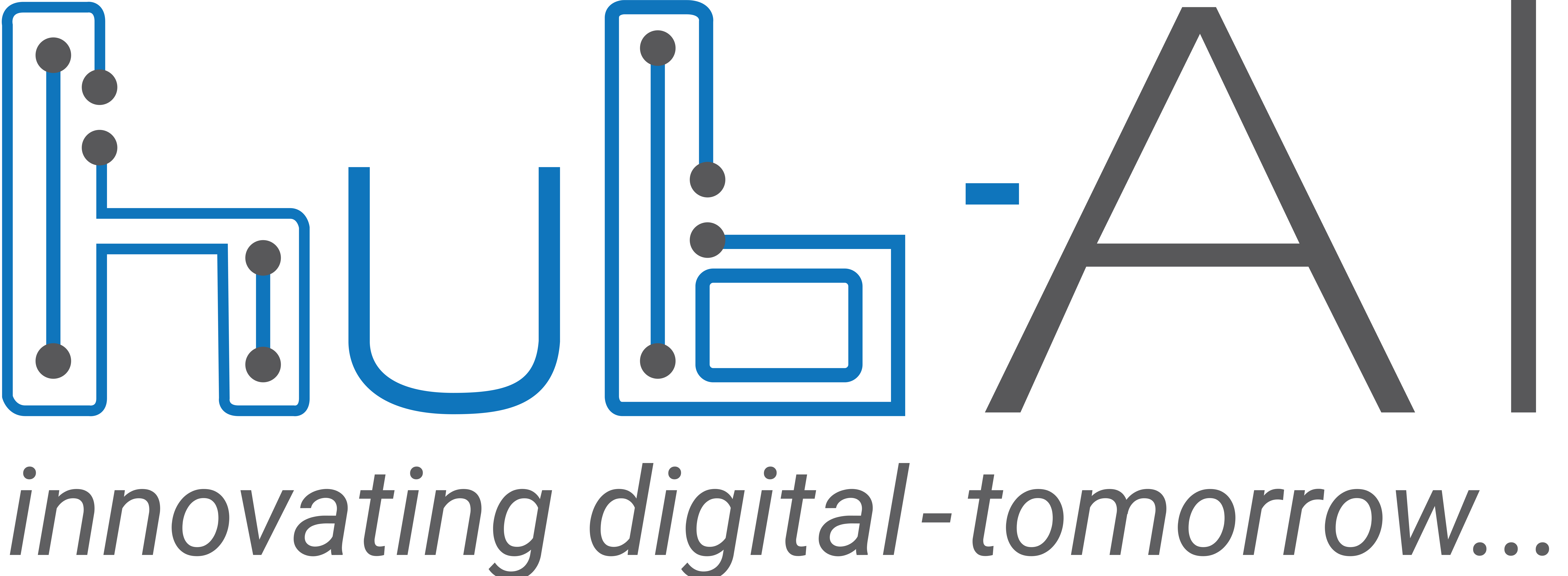What are the 5 key features of ERP?
1. Business
Intelligence
Many ERP
systems are equipped with advanced business intelligence that enables
strong data management. These tools display real-time data in interactive
charts and customized dashboards, allowing organizations to identify trends and
make predictions.
ERP business
intelligence gives you full visibility into your company’s operational,
financial, and business-related data. With a few clicks, you can access that
data and use it to develop reports, create forecasts, and make informed
business decisions.
If the platform that
you’re eyeing doesn’t come equipped with these business intelligence
capabilities, then there’s a good chance that your data will become siloed and
go unused.
2. Financial Management
Tools
Some ERP tools are
simply nice-to-have or are best suited for specific industries. Financial
management, on the other hand, is much more universal.
These tools help
automate much of the work that your in-house accounting team handles. With the
right tools, you can use ERP to:
- Manage assets
- Track business
income
- Make more
informed spending decisions
- Plan for future
growth
- Create detailed
financial reports
3. Sales Tools and
eCommerce Features
One of the main
benefits of ERP
software is that it makes it easy for companies to
personally target and connect with prospects, and then quickly close deals.
Before a sale occurs,
users can access the platform to analyze historical data and recognize customer
behaviors. In partnership with the marketing team, they can then brainstorm
campaigns that appeal to these buyers.
Some ERP systems even
include point-of-sale capabilities that facilitate both online and in-person
checkouts.
Speaking of online,
many systems also include essential eCommerce functionality, such as order
processing and customer support.
4. Customer
Relationship Management
A customer
relationship management (CRM) system allows your sales staff to store and
organize every single detail about past, current, and future deals.
When CRM functionality
is native to an ERP system, this can result in a range of benefits, including:
- More effective
prospect identification
- Reduced costs
associated with customer information management
- Opportunities
for customer upselling
5. Supply Chain
Management
Modern ERP systems, as
we know them today, actually began back in the 1960s. At that time,
manufacturers were the primary adopters. They used early supply chain
management software to track inventory and manage orders.
Decades later, you can
still find these functions, but instead of being exclusively available in
standalone solutions, they are also within end-to-end ERP solutions.
Before you
begin ERP selection, we recommend making note of your must-have supply chain
requirements. These might include:
- Purchase order
management
- Demand planning
- Supply chain
planning and execution
- Inventory
control
- Sales
forecasting
- Vendor and
supply chain management
- Warehouse
management
- Approvals management
- Real-time order
